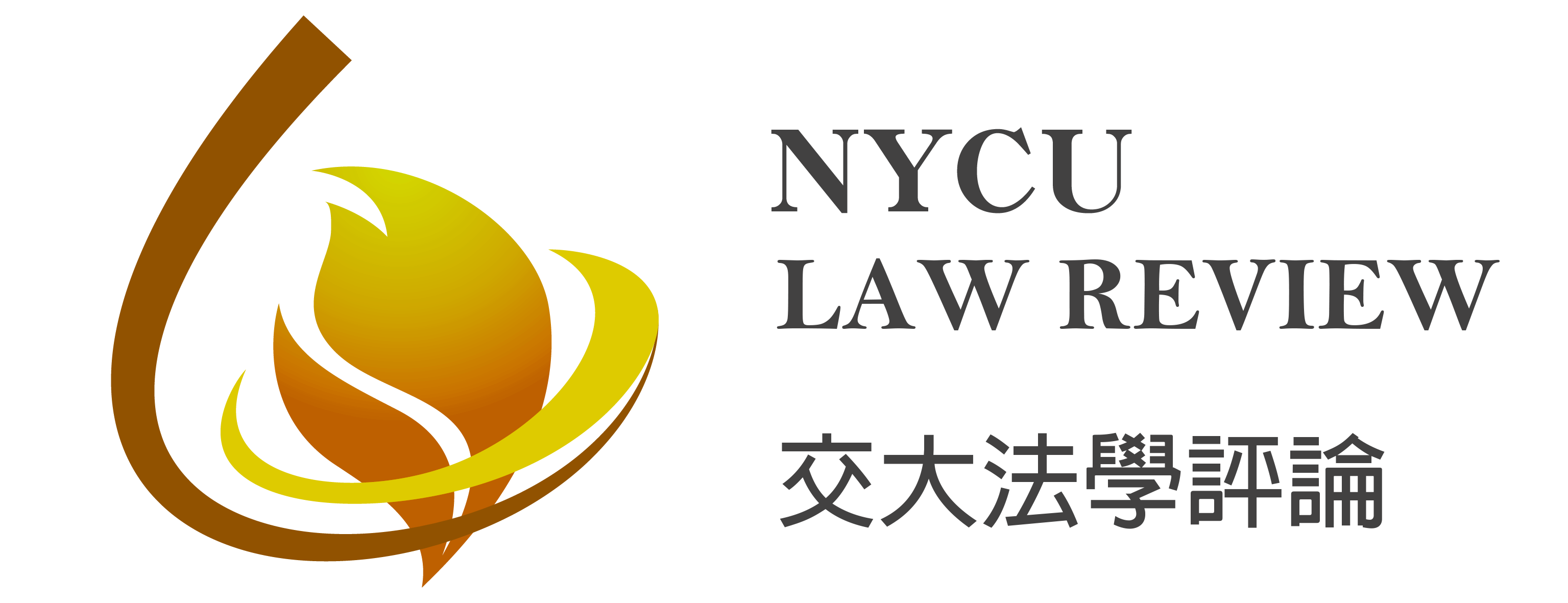| Title | |
| Newborn Baby Screening for Rare Disease: Children’s Best Interest and the Parental Right of Decision | |
| Author | |
| Chao-Chu Liu | |
| Keywords | |
| newborn baby screening, rare disease, tandem mass spectrometery, medical decision right, children’s best benefit, screening principle, informed consent | |
| Abstract | |
| In the wonderful course of pregnancy, baby’s health is each parent’s greatest hope. More than 30,000 genes are passed down from one generation to another by the replication of DNA in the human body. If there are abnormal genes occurred or copied in the course of replication, it may bring defective genes to children and cause genetic rare disease. Since July 1st., 2001, the National Health Administrationof the Executive Yuan proactively promotes “the second generation’s screening for newborn baby”, which analyzes various metabolism in human body through Tandem Mass Spectrometery. With only one drop of blood, this test can detect as many as 26 different kinds of metabolic disorder. Because the tested party is newborn babies, their parents’ prior consent is indispensable for this screening. Do parents have the right to agree such screening? This article will focus on exploring whether the benefit of the screening could meet the cost and whether medical treatment according to the screening outcome would be effective so as to assess the parents’ right of prior consent and its proper limit. Moreover, rare disease has genetic and long-term characters. Related authority and non-government organization can play an important role in offering various professional knowledge to patients and their family through lecture, group interaction and practice to improve their care skill and life quality. |
|
| Abstract | Article |
|
208 Downloads |
850 Downloads |
